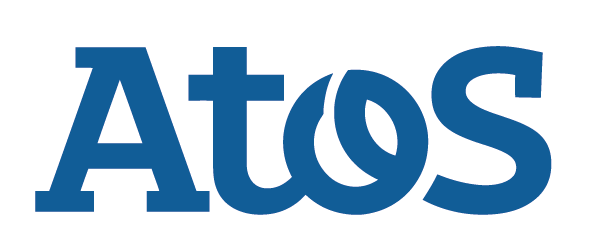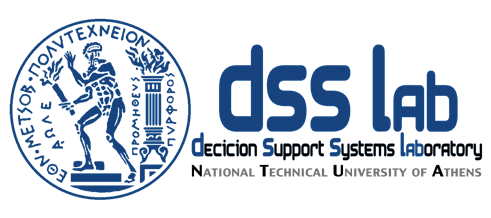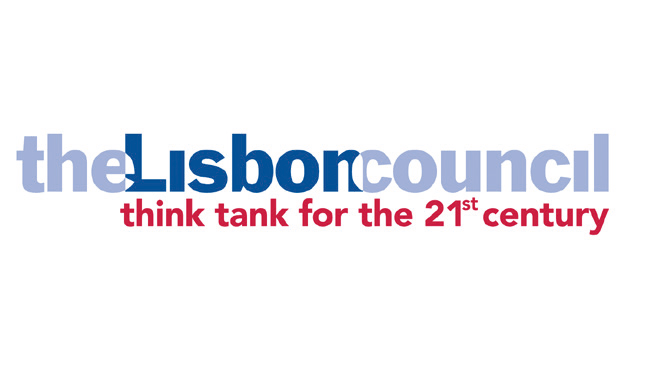Local/Municipality
Internet of Things
There are various definitions of the Internet of Things (IoT). The Internet Engineering Task Force says Internet of Things’ basic idea is to connect electronical and non-electronical objects to provide seamless communication and contextual services by them through e.g. RFID tags, sensors, actuators or mobile phone. The latter is related to the term “things”. The term “Internet” considers the TCP/IP suite and non-TCP/IP suite at the same time. [1]
Secure legal framework
<p>Stable rules enable continuous and reliable control of public administration, which acts within a legal framework. Therefore, public administrations’ work requires stability, consistency, precision and unambiguity of legal regulation. [1]<br />
The interviewed division head in the policy domain „Youth and Welfare“ emphasised the legal aspect in particular. The legal foundations are very complex. On the one hand, they must offer protection, on the other hand, it should not make technical innovations completely impossible. Therefore, the legal standards need to be adjusted because of...</p>
Better quality standards in the formulation and evaluation of norms
<p>Regulation is an essential instrument to attain policy objectives. Better regulation is about achieving administration's objectives by rules, laws, institutions and processes to deliver better, more effective and more efficient outcomes. Therefore, certain quality standards in the formulation and evaluation of norms have to be established. Enhancing regulatory quality requires multilevel ex ante and ex post evaluation systems. To achieve better regulation, it can be helpful to assign political roles to people with specific expertise in the relevant domain. [1]<br />
On the national level,...</p>
Comprehensive knowledge and information management
<p>Knowledge management affects the organisation´s technical assets as well as the employees’ willingness to share knowledge. Knowledge is an essential resource in public administrations and has to be stored in order to not get lost for the organisation. As a main reason for the loss of knowledge, participants of our focus group with a socialpolitical background named the retirement of employees. That is why it is important to build up a learning culture, to ensure and promote knowledge transfer within the organisation, as well as with relevant stakeholders. Knowledge management is cofounded...</p>
Ensure availability of (real-time) information and knowledge
<p>Information is an asset that is constitutive to the effective and efficient supply of public services. To ensure that information meets the purposes for which it is intended, it must be accurate, accessible, valid, timely, complete and relevant (relevance especially means regional explicit information). [1]<br />
In all the interviews that we conducted, it has become very clear and verified that information plays a very important role in policy making processes.<br />
According to the interviewed researcher in the field of administrative science , real-time data becomes relevant especially...</p>
Include scientific knowledge and expertise
<p>Taking into account the complexities and importance of policy making, scientists and policy makers should be collaborating to improve outcomes of public administration. Insofar, policy makers and researchers have different mentalities, languages, time horizons and imperatives. Ways of bridging the gap between both of them are necessary. Organisational changes, knowledge sharing and new platforms for cooperation can be helpful to close the gap and support collaboration between science and administration. Engaging scientific experts is needed both to help develop policies and to evaluate...</p>
Link between impact, quality, performance measurements and financial information
<p>For making administrations not only more efficient but also more effective, activities and their costs should be closely linked to strategic outcomes and broader policy objectives. A monitoring with restricted focus on financial aspects in order to assess success of public services and political programmes is not enough. To reach a holistic view on success, it is more important to consider financial ratios interlinked with quality data, impact measurements and other performance indicators. For this reason, a strategic management system requires the integration of both financial and...</p>
Standardisation of data management
<p>Similar to the <a href="http://www.bigpolicycanvas.eu/community/repository/standardisation-proc… of processes</a>, standardising data management can also provide significant benefits to the public administration, such as time savings and efficiency gains. It is important for the public administration to know what data is available and where it is located. For this purpose, a data monitoring should be established. The need for standardised data management has been confirmed in almost all conducted interviews.<br />
</p>
Coherent use of digital technology across policy areas
<p>This need is directly related to the need of <a href="http://www.bigpolicycanvas.eu/community/repository/cross-linked-informa… information exchange</a>. An efficient exchange of information can only take place if the used technologies are coherent and compatible with one another. Organisational arrangements, as well as uniform technical systems and software can ensure compatibility and interoperability, help to avoid media interruptions and, in consequence, make policy making more efficient, effective and sustainable. [1]</p>
<p> </p>
<h6>[1] OECD (2017),...</h6>
Establishment of a comprehensive technical infrastructure and IT architecture
<p>All interviewees stated that there is room for improvement in the technical infrastructure. The used technical infrastructure is partly outdated and does not meet current requirements, a fact that consequently increases administrative costs and leads to unnecessary bureaucracy. In addition, the lack of good infrastructure makes digitalisation difficult.<br />
In concrete terms, interface problems must be solved and harmonised. Concrete requirements that have been addressed in the various interviews are a comprehensive data infrastructure component, centralised records management and the...</p>




